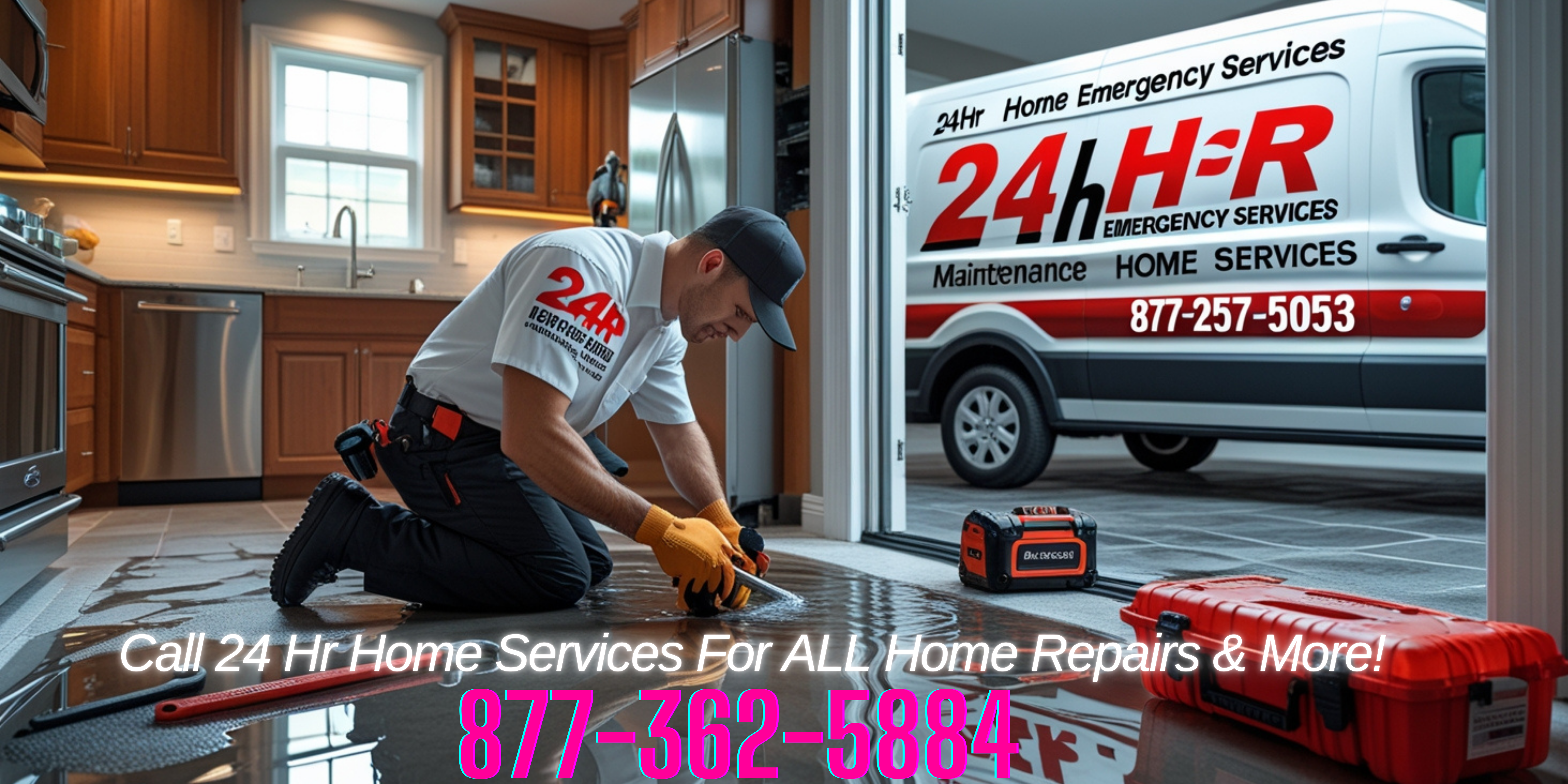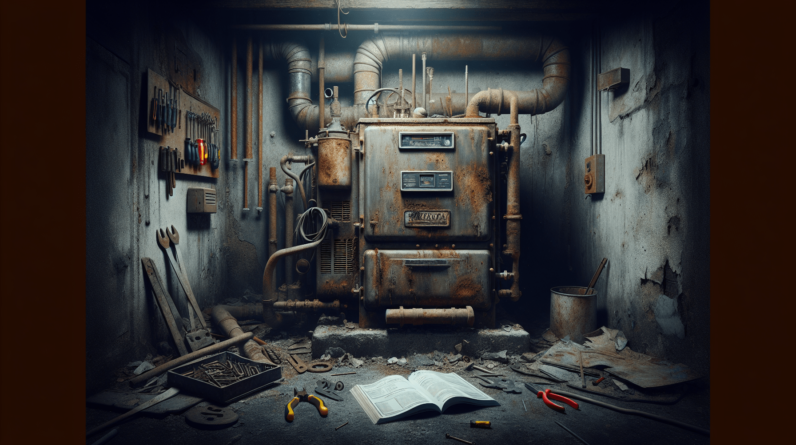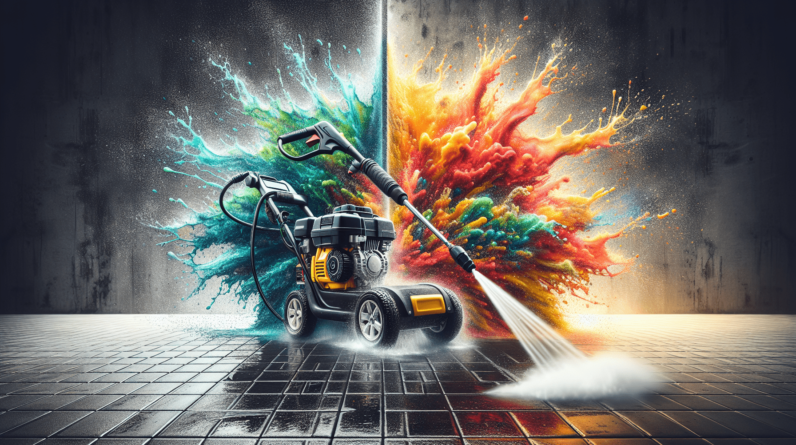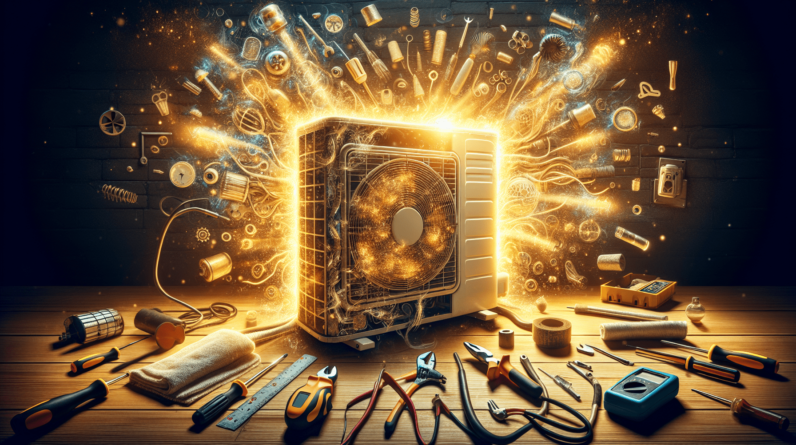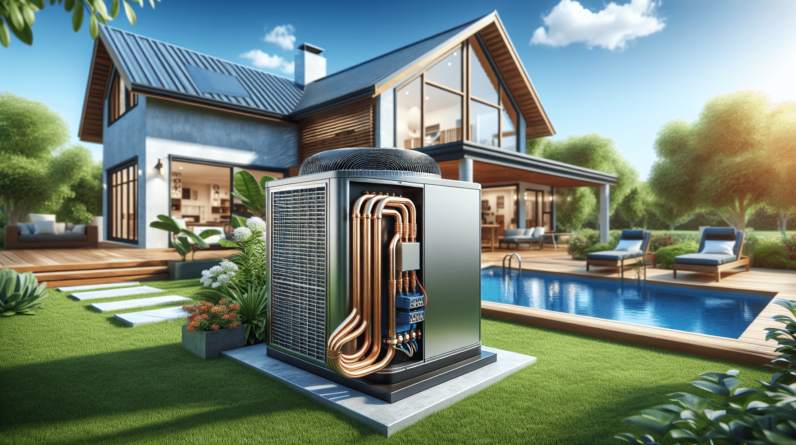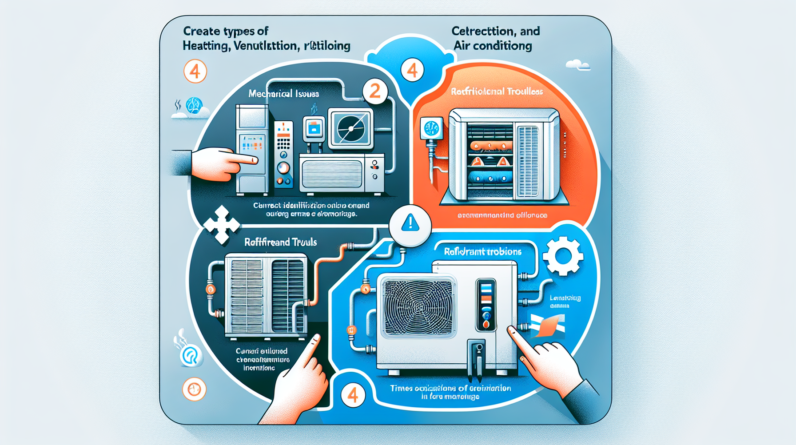
Are you curious about the different types of problems that can arise in your HVAC system? Well, wonder no more! In this article, we will explore the four main types of issues that can occur in HVAC systems. From air flow problems to thermostat malfunctions, we will dive into each problem, discussing their causes and potential solutions. So, if you’ve been experiencing any HVAC troubles lately, keep reading to gain a better understanding of what might be going wrong and how to fix it.
When it comes to HVAC systems, there are four main types of problems that can occur. These problems can range from minor issues that can easily be fixed, to more significant issues that may require professional assistance. In this article, we will explore the various types of problems that can affect your HVAC system, and provide some insight on how to identify and resolve them.
Mechanical Problems
The first category of problems that can occur in an HVAC system are mechanical issues. These are problems that arise from the physical components of the system. One common mechanical problem is leaking ducts. Leaking ducts can cause air leakage, resulting in reduced efficiency and increased energy consumption. They can be caused by poor installation, damaged ductwork, or even wear and tear over time. In order to fix this issue, you will need to identify the source of the leak and seal it properly.
Another mechanical problem that can occur is fan motor issues. The fan motor is responsible for circulating air throughout the system, and if it malfunctions, it can lead to poor air circulation and increased energy consumption. Common signs of a faulty fan motor include unusual noises, reduced airflow, or the fan not turning on at all. If you suspect a problem with the fan motor, it is best to contact a professional HVAC technician to diagnose and repair the issue.
Frozen coils are another mechanical problem that can occur in an HVAC system. This typically happens when there is a lack of proper airflow or when the refrigerant levels are too low. When coils freeze, it can lead to reduced cooling capacity and potential damage to the compressor. To fix this issue, you will need to identify and resolve the underlying cause, whether it is a clogged filter, low refrigerant levels, or a faulty fan motor.
Clogged filters are a common mechanical problem that can affect HVAC systems. Filters play a crucial role in maintaining air quality and preventing debris from entering the system. Over time, filters can become clogged with dust, dirt, and other pollutants, restricting airflow and reducing the system’s performance. Regularly checking and replacing filters can help prevent this issue and improve the overall efficiency of your HVAC system.
Electrical Problems
Electrical problems are another common issue that homeowners may encounter with their HVAC systems. Faulty wiring is one such problem that can cause system malfunctions or even pose a safety hazard. Faulty wiring can result in a loss of power, erratic behavior of the system, or even potential electrical fires. If you suspect an issue with the wiring, it is essential to contact a licensed electrician to assess and repair the problem.
A defective thermostat is another electrical problem that can impact the performance of an HVAC system. A malfunctioning thermostat can result in inaccurate temperature readings, an inability to maintain the desired temperature, or the system not turning on at all. If you notice any issues with your thermostat, such as inconsistent temperatures or unresponsive controls, it may be time to replace it.
Tripped circuit breakers can also cause electrical problems in HVAC systems. Circuit breakers are designed to protect the system from overloading or short circuits. If the circuit breaker trips frequently, it may indicate an underlying issue, such as a faulty component or a wiring problem. It is important to address this issue promptly to prevent further damage to the system.
Malfunctioning capacitors can also cause electrical problems in HVAC systems. Capacitors are responsible for storing electrical energy and providing the initial boost of power to start the motors. If a capacitor is faulty, it can lead to issues such as the system not turning on, the compressor not running, or the fan not spinning at the proper speed. Replacing a faulty capacitor should always be done by a qualified technician.

Refrigeration Problems
Refrigeration problems refer to issues that affect the cooling function of an HVAC system. One common problem is low refrigerant levels. Refrigerant is the substance responsible for absorbing heat from the indoor air and releasing it outside. If the refrigerant levels are too low, the system will struggle to remove heat effectively, resulting in inadequate cooling. Low refrigerant levels are often caused by leaks in the system, which must be identified and repaired by a professional technician.
Blocked refrigerant lines can also impede the proper functioning of an HVAC system. Blockages can occur due to the buildup of dirt, debris, or even ice within the lines. When the refrigerant lines are blocked, the system cannot circulate the refrigerant effectively, leading to reduced cooling capacity and potential damage to the compressor. Regular maintenance, including cleaning the refrigerant lines, can help prevent blockages and keep your system running smoothly.
A faulty compressor is another refrigeration problem that can occur. The compressor is responsible for compressing the refrigerant and maintaining proper pressure levels within the system. If the compressor malfunctions, the system will not be able to cool the air effectively. Signs of a faulty compressor include warm air blowing from the vents, unusual noises coming from the unit, or the system not turning on at all. Fixing a faulty compressor will likely require the assistance of a professional HVAC technician.
Inadequate cooling is a general problem that can arise in HVAC systems. This can be caused by a combination of factors, such as insufficient refrigerant levels, a malfunctioning compressor, or issues with the air distribution system. If your HVAC system is not providing adequate cooling, it is best to have a professional technician assess the system to identify and resolve the underlying issue.
Air Flow Problems
Air flow problems refer to issues that affect the movement of air within an HVAC system. One common issue is obstructed vents. Obstructions, such as furniture, curtains, or even dust and debris, can block the airflow and reduce the system’s efficiency. It is important to ensure that vents are clear and unobstructed to allow for proper air circulation.
Improperly sized ducts can also affect air flow in an HVAC system. Ducts that are too small or too large for the system can lead to reduced air flow, energy loss, and an inability to maintain desired temperatures. If you suspect an issue with the size of your ducts, it is best to contact an HVAC professional who can assess the system and recommend the appropriate corrective measures.
Inefficient air dampers can also contribute to air flow problems. Air dampers are responsible for controlling the flow of air within the ductwork. If the dampers are not functioning properly, it can result in uneven distribution of air and reduced efficiency. Regular maintenance and inspection of the air dampers can help prevent this issue.
Lastly, a poorly designed air distribution system can lead to air flow problems. If the system is not designed correctly, it may struggle to distribute the air evenly throughout the space, resulting in hot or cold spots. Working with an experienced HVAC professional during the installation or remodeling process can help ensure that the air distribution system is properly designed for optimal performance.
In conclusion, HVAC systems can experience various types of problems that can impact their performance and efficiency. Mechanical problems, electrical problems, refrigeration problems, and air flow problems are the four main categories of issues that can occur. Identifying the specific problem and taking the appropriate measures to address it is crucial for maintaining a comfortable and well-functioning HVAC system. Remember, when in doubt, always consult with a professional HVAC technician to ensure the best course of action for your system.
